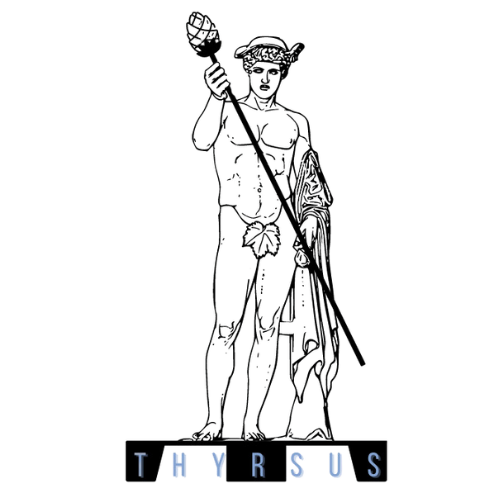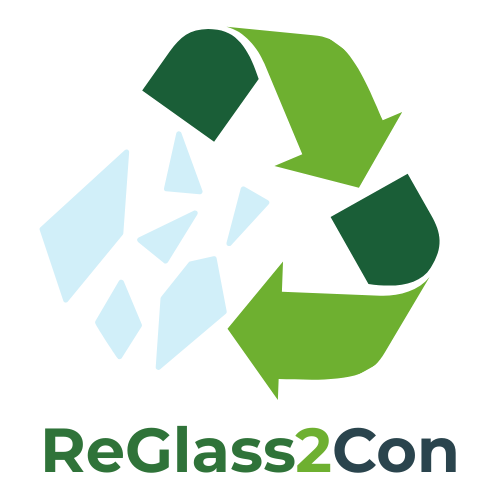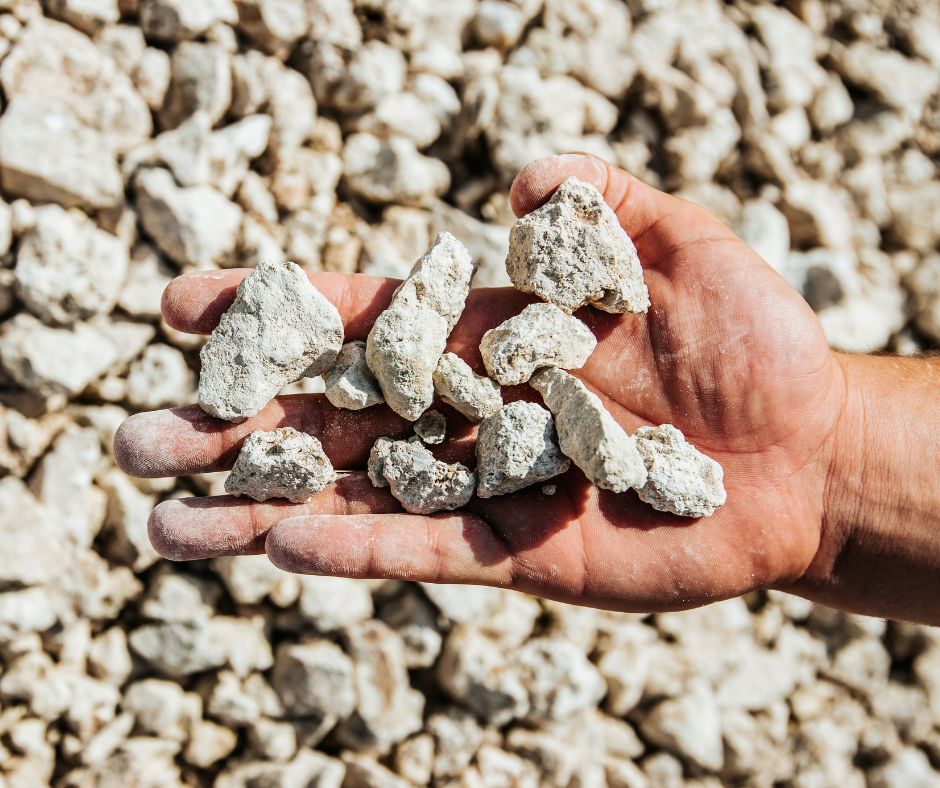
Materials Team
The Materials Team is engaged in the development of innovative materials based on the principles of circular economy, green transition, and the preservation of the Cypriot architectural heritage, as well as materials suitable for thermal energy storage. Our goal is to find solutions to modern industry challenges through research and development.
Topics covered by the Materials Team:
- Geopolymerization
- Building Materials
- Biocomposites
- Recycling
- Thermal Energy Storage Systems
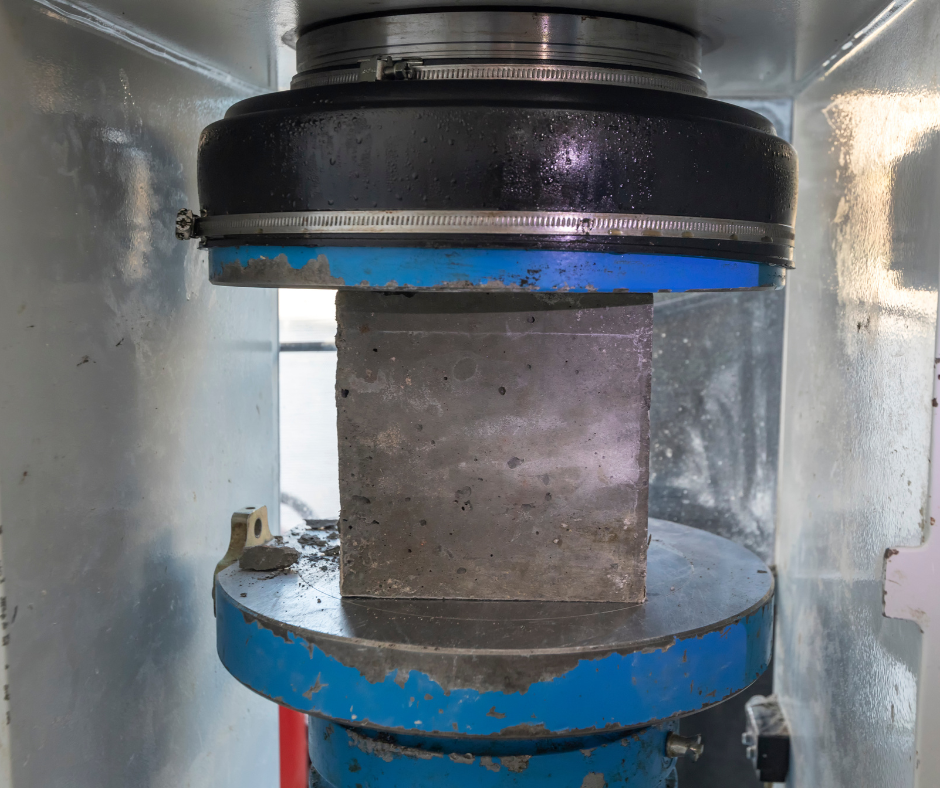
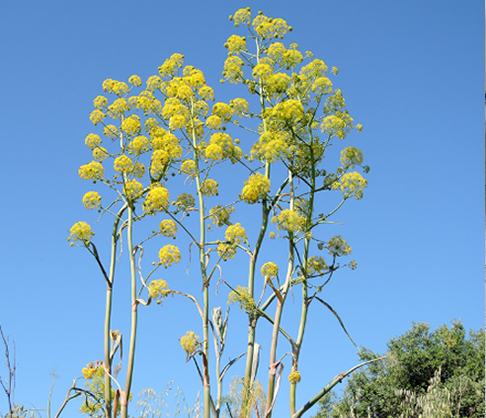
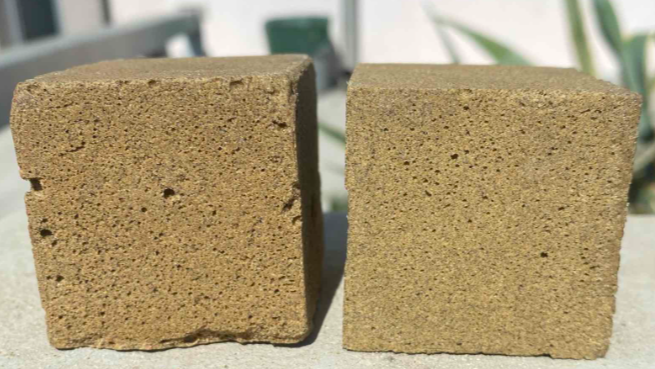
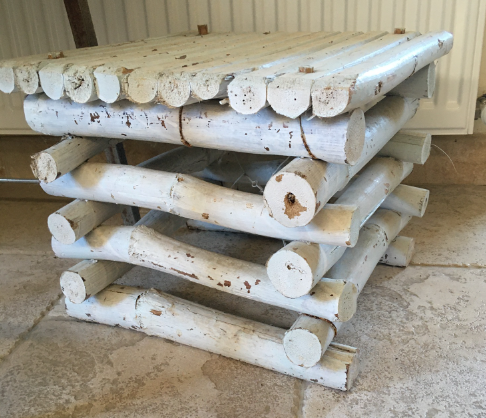
Research & Innovation Projects
Contract No: EP/EUROSTARS-3/0724/0004
ReGlass2Con: Lightweight aggregates and functional fillers from recycled glass for construction applications
The main objective of the ReGlass2Con project is to develop lightweight functional fillers for coatings, mortars, cement screeds, etc. through geopolymerization and thermal expansion of waste glass of different origins, for application as an admixture in building materials (plasters, tile adhesives and grouts, cold roof materials, etc.).
The final products produced:
i) will be environmentally friendly,
ii) will present improved insulating and thermal devices and at the same time
iii) will reduce production costs compared to commercial products.
The high-value-added materials will meet the requirements and international trends of lightweight and thermal insulation construction, while reducing the environmental footprint. Waste glass, such as e.g. from solar collectors, glazing, windshields, etc. can be easily converted (through geopolymerization and low thermal expansion energy) into high value-added materials, such as lightweight fillers for building materials, contributing to the circular economy and energy efficiency of the building.
At the same time, the proposed building materials present superior costs and lower costs than existing commercial ones, due to the innovative production process.
RESEARCH IN ENTERPRISES 2023
ENTERPRISES/ENERGY/1123/0027
DIAS: Development of an innovative low-cost and highly efficient energy storage system
The project DIAS deals with the development of innovative, economic, highly efficient and sustainable energy storage system that is based on innovative Thermal Energy Storage (TES) materials derived through the geopolymerization of Construction and Demolition Waste. This new system will achieve the rational use of the renewable energy and significant reduction of wastage in two ways: (1) bridging the gap between supply and demand of renewables and (2) increasing the efficiency and flexibility of the energy grid by converting the electricity production peaks into heat energy to be used at the peaks of electricity demand. The proposed TES system is expected to benefit the Cyprus’ industries heavily depend on heating (breweries, plastic and food manufacturing) by providing a sustainable and economical solution. The project has been designed and will be implemented with the efficient collaboration of RTD Talos Ltd and Frederick Research Center. The project includes well-designed industrial research and experimental development activities to lead the new TES system to TRL7.
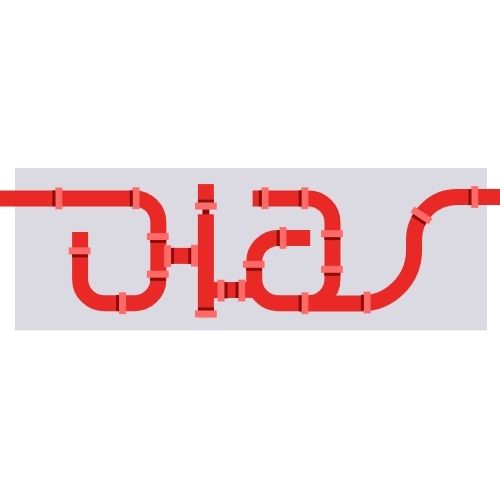
ENTERPRISES/0223/Sub-Call2/0179
THYRSUS: A Ferula communis scrimber composite as a renewable alternative material for wooden pallets
Ferula communis is a herbaceous perennial plant native to the Mediterranean region and a characteristic plant of the Cypriot flora with a robust, stiff, and long fibrous stalk that can get up to 3 m, and it can grow on gravelly soil with minimal water needs. THYRSUS project aims to create a new composite material using Ferula communis plant fibrous stalk with eco-friendly adhesives, which will be tested as a sustainable alternative to wood pallets and do not contain any formaldehyde or any harmful substances. The proposed methodology to manufacture the bio-composite board from Ferula communis will be a modification of the production of bamboo scrimber. The goal is to develop a prototype pallet from Ferula communis composite that will comply with ISO, ISPM 15, and European standards. THYRSUS project will investigate the plant’s agronomic characteristics to optimize cultivation and harvesting, ensuring that the stalks acquire the desired properties for creating the final biocomposite product.THYRSUS project will introduce in the Cyprus market a green and renewable product that has the potential to replace a large portion of wood-sourced products. Initially, to test the product’s suitability as a Euro pallet, it can be used as furniture, flooring, and packaging material.
